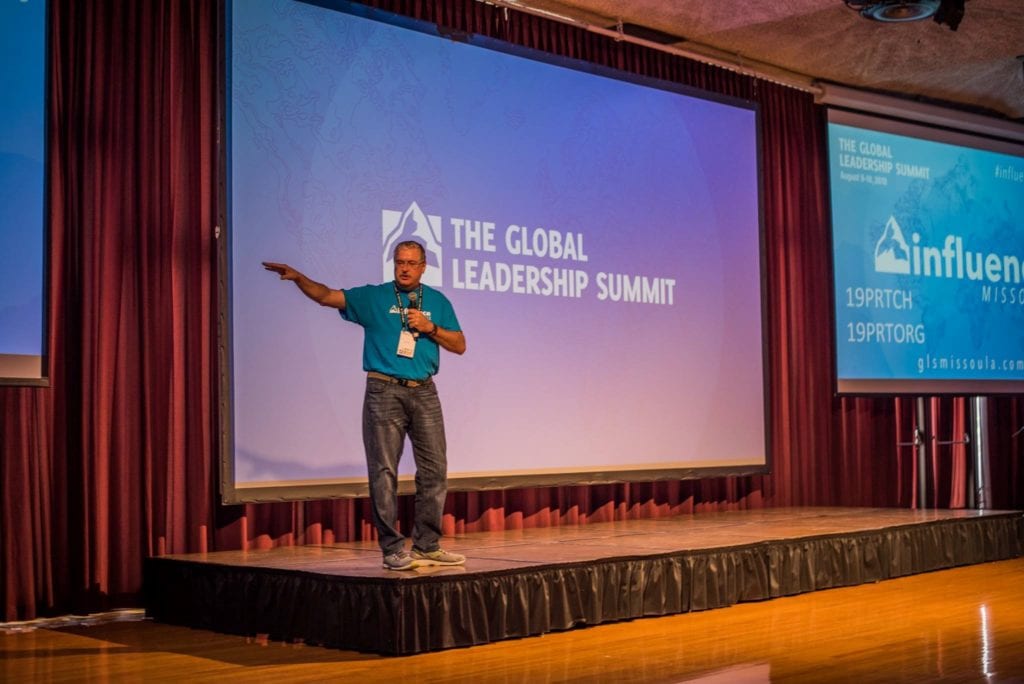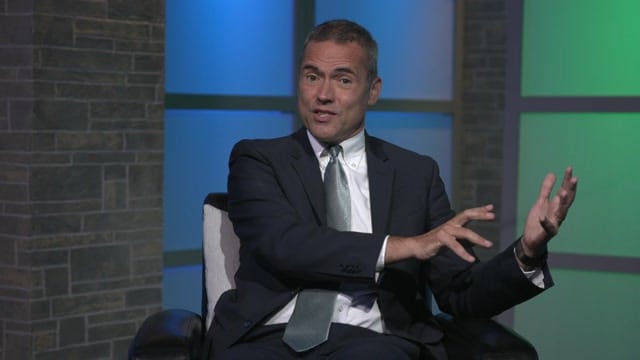
Get free, instant access to GLS Podcast Episode Show Notes. Leverage episode summaries, key takeaways, reflection questions, resources mentioned, related links and applicable downloads, including Show Notes PDF and Episode Audio File (MP3).
DOWNLOADS:
SUMMARY:
The best coaches in professional sports win championships by taking a group of talented individuals and molding them into a cohesive team. How do the great coaches build that kind of team dynamic? What leadership practices do they employ? Coach Tony Dungy rose to prominence in the NFL, known for his humble leadership style that turned around two teams and won the Super Bowl in 2007. In this episode, Coach Dungy discusses his insights from his new book, The Soul of a Team, with Brad Lomenick—unlocking the secret for leaders to create the right environment for great teams to flourish.
KEY TAKEAWAYS:
- I wrote this book because people have asked me about leadership and putting together effective teams.
- Teams are not about the talent you collect. Teams are about how you put a group together to have a focus on winning.
- 4 Values Necessary for Successful Teams:
- S – Selflessness. The challenge for team leaders is to help people put their self-interest below the success of the group.
- O – Ownership. On any team, there are different roles. Oftentimes, we get put into roles that aren’t exactly what we want, but we still have to do it to the best of our ability.
- U – Unity. We all come from different perspectives, but when it comes to the team, we all have to have the same purpose and goals.
- L – Larger Purpose. Winning is not enough. Leaders need to ask why we are here—and have a larger purpose that everyone can dial into. This is the hardest one.
- The leader’s role is to determine where the team needs to go—the best place for the organization, not themselves.
- The followers’ role is to support the leader and to be the most diligent followers they can be.
- Two pieces of advice for team leaders:
- Build relationships with each individual person.
- Get across the idea that everyone is important, but no one is indispensable.
- I learned leadership both from positive and negative experiences.
- To lead an effective team, you need to reward group performance over individual performance.
- To lead an effective team, you need to recruit team members who have the character you want over talent.
- The most important element for teamwork is to come up with the larger purpose that brings everyone together.
REFLECTION QUESTIONS:
1. Coach Dungy uses the framework of SOUL to describe the key leadership values for effective teams.
S- Selflessness
O- Ownership
U- Unity
L- Larger Purpose
Which value is a strength for your team? Which value is a challenge for your team?
2. What is it about the culture in your organization that influences your strengths and your challenges?
3. What is one thing you can commit to as a leader to create a more effective team environment?
RESOURCES MENTIONED:
1949 University of Minnesota Football Team








 In the midst of apathy, I believe God is using the Summit to change our city. I’ve witnessed God’s anointing and power to change lives through the Summit. And I personally developed more compassion for people and more trust in God. Now our church marks three key days on the calendar: Christmas, Easter and the Summit. I see the Summit as an event that unites not only the church, but also our city.
In the midst of apathy, I believe God is using the Summit to change our city. I’ve witnessed God’s anointing and power to change lives through the Summit. And I personally developed more compassion for people and more trust in God. Now our church marks three key days on the calendar: Christmas, Easter and the Summit. I see the Summit as an event that unites not only the church, but also our city.

Recent Comments